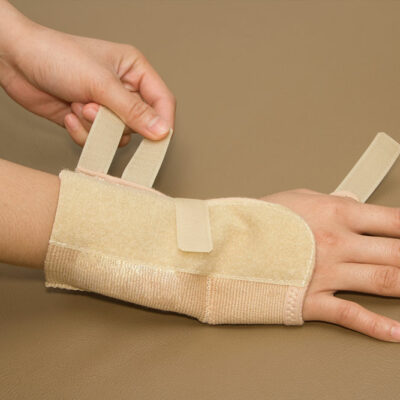
Diseases & Conditions
Here’s What You Need to Know about Spinal Fusion Surgery
Surgery is always a final resort when all other treatments fail to bear fruit. Spinal fusion surgery is recommended by doctors and medical specialists only after they have tried other treatment options. Let’s find out more about this procedure. What is spinal fusion surgery? It is a surgical technique that joins or fuses two or more vertebrae to restrict the movement between them. It is a neuro-orthopedic surgical procedure. It is usually recommended to reduce or eliminate spinal cord pressure and the resultant pain caused by worn out cartilage between the vertebrae. A patient may have to undergo surgery to decompress a pinched nerve-root or to stabilize a joint that causes pain. This surgery can help to heal spinal fractures and broken or damaged vertebrae that make the spine unstable. People undergo surgery if they have conditions like spinal weakness or deformity, herniated disks, spondylolisthesis, and other such ailments. Spinal tumor and degenerative spinal conditions are other situations where this surgery can be beneficial. It is a common surgical procedure, and statistics show that nearly 488,000 spinal fusion surgeries were performed in the country in 2011. Are you a candidate for this procedure? It is vital to identify and locate the exact cause of back pain before opting for surgery.
Read More 










